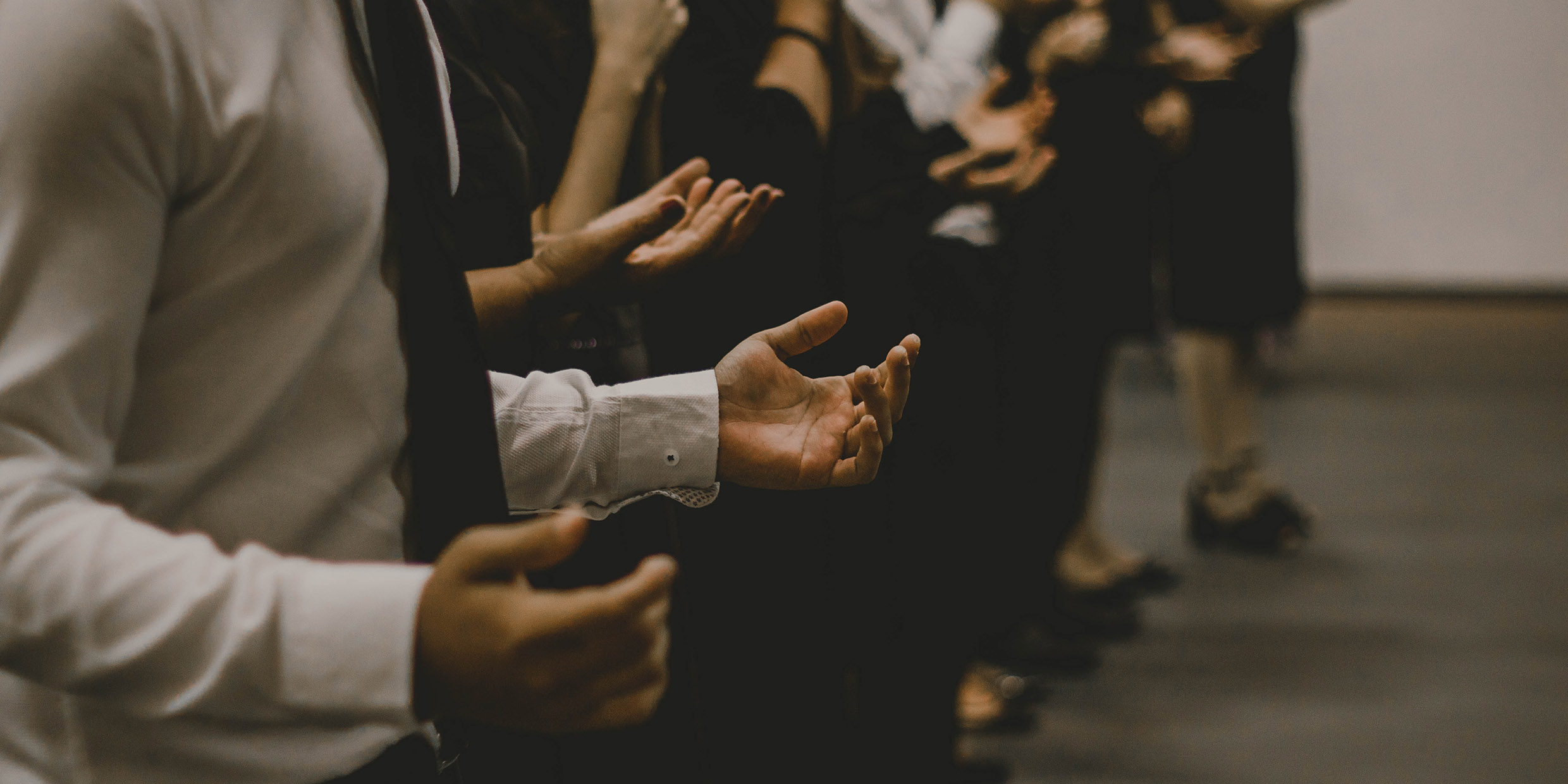Originally published 16 June 1997
Can prayer heal? That question has been getting increased attention within the medical community, perhaps because of the general rise of interest in alternative therapies.
There are several ways prayer might have a therapeutic effect:
- The placebo effect. If patients in clinical trials are given sugar pills or other imitation treatment in place of real therapies, some — as many as a third — will nonetheless get better. Physicians ascribe the success of placebos to some as yet mysterious mind-body interaction. Prayer might heal in the same way: If you believe it helps, perhaps it will.
- Stress-reduction. Some physicians believe that relaxation leads to lower blood pressure, alleviation of hypertension, pain reduction, and other beneficial physical states. If relaxation exercises help certain populations of patients, then prayer or other forms of relaxing meditation might produce the same results.
Neither the placebo effect nor stress reduction seriously challenge orthodox medicine. Almost all scientists accept that mind and body interact in many complex ways that are as yet only poorly understood.
But what about:
- Intercessory prayer? Can prayer addressed to God on a someone else’s behalf—without the patient’s knowledge—heal? On this matter, the medical literature is nearly silent.
In 1988, Randolph Byrd published in the Southern Medical Journal results of a study that has been widely-quoted as offering scientific evidence for the medical benefits of intercessory prayer.
Over a 10-month period, Byrd randomly divided nearly 400 patients in a coronary care unit at the San Francisco General Medical Center into two groups. One group was prayed for by born-again Christians outside the hospital; the control group received no assigned prayer. Neither physicians nor patients knew which group the patients had been assigned to. According to Byrd, patients receiving intercessory prayer required less ventilation therapy and fewer antibiotics and diuretics than the control group. His tentative conclusion: Prayer works.
However, no significant differences were noted in such variables as length of hospital stay or mortality. Furthermore, Byrd’s study has been faulted on statistical and procedural counts, even by some who believe in the power of intercessory prayer.
Also, given the impossibility of knowing who has actually been prayed for, by whom, and how often — many prayers are offered by the faithful for “the sick” in general — it is hard to imagine how any scientific study of intercessory prayer can be conclusive one way or the other.
These reservations are seldom mentioned when the results of Byrd’s study are quoted, as, for example, in a 1996 Time magazine cover story on alternative healing strategies. Nor do we hear much about two earlier medical studies that failed to provide statistical support for the success of intercessory prayer.
Of course, negative results prove nothing to believers; after all, God may simply refuse to cooperate with scientific tests of his power. But if Byrd’s ostensibly positive results were somehow confirmed in an unambiguous way, it would represent a stunning challenge to the scientific world view, which eschews miracles of all sorts. Suffice it to say that the medical community is highly skeptical.
But not universally so.
Larry Dossey is a formerly orthodox physician and successful author who has made a name for himself as a proponent of alternative healing strategies, including prayer. He has expressed reservations about Byrd’s study but is open to the healing power of prayer, even if the patient doesn’t know she is being prayed for. He argues for a new kind of medicine that takes account of a “collective mind,” a mind not localized to brain or body.
The respected Harvard cardiologist Herbert Benson is another traditionally-trained physician who is pushing for the scientific study of alternative therapies. He also recognizes flaws in Byrd’s study, but thinks intercessory prayer should be studied in a rigorous scientific way.
Benson and colleagues have designed a test of intercessory prayer that they believe meets the strictest scientific standards. The study is being funded by the Templeton Foundation, a private foundation that supports the use of scientific evidence to reveal knowledge of God.
Like any good scientist, Benson is interested in the causal mechanisms at work in alternative therapies, including prayer. And certainly, the mind-body connection is pretty much unexplored territory in science.
Nevertheless, skepticism remains high among scientists. In a recent review of Benson’s newest book, Timeless Healing: The Power and Biology or Belief, biologist Irwin Tessman and and his physicist brother Jack take Benson to task for what they consider the casual and misleading use of evidence.
“It is undeniable that the mind affects the body in many ways,” write Tessman and Tessman. “Therein lies a fertile field for rigorous science; also a fertile field for exaggerated claims, uncontrolled studies, flawed statistics, mind-boggling illusions, and anecdotal reports.”
Benson, Dossey and other alternative therapy physicians can be admired for their efforts to bring mind-body interaction within the fold of rigorous science. And, certainly, anything that leads to healthier lifestyles and less dependence upon interventional medicine is to be commended.
But the new alternative medicine gurus should be careful to acknowledge what Dr. Gerald Weissmann writes in Democracy and DNA: American Dreams and Medical Progress: “There is no homeopathic, ayurvedic, or New Age practice that can prevent pandemics of plague, protect the earth from decay or pollution, or prolong the life of a tot with a congenital hole in its heart.”
He might have included intercessory prayer among alternative therapies with scant non-anecdotal evidence for success.



